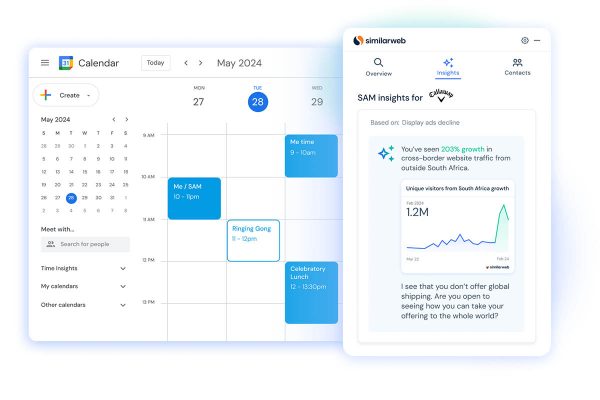One of the main reasons most retailers and brands cite for using marketplaces is as a stepping stone to sell internationally – and the value of this has been proved in spades this week with research showing that three quarters of UK online shoppers have bought from overseas retailers and marketplaces.
The study by Pepper.com, owner of HotUKDeals, a bidding deals marketplace, finds that not only do 75% of UK shoppers buy from overseas, but that 77% of Germans do it and 78% of Spaniards. Thanks to marketplaces we now live in a truly internationalised shopping mall.
Of course, the likes of Amazon and others have been quick to leverage this increasing internationalisation, tweaking its app in several countries to make it easier to buy – and sell – US goods overseas for shoppers in Germany, Brazil and China.
The effect is also working the other way. Chinese retail giant and online marketplace JD.com has aggressive plans to bring European brands to China and has signed several high-profile partnerships to this end – not least seeing Iceland start its expansion into the lucrative Chinese market with a branded shop front on JD.com’s marketplace.
All this adds up to quite some momentum in internationalisation of retail, with marketplaces sitting very much at its heart.
So what is driving this? In the UK, ironically, the move to buying more overseas is a direct result of Brexit. The economic uncertainty that has hit the UK market has seen prices of some goods rise. Buying them from European suppliers – even with the shipping costs – is starting to look more attractive.
For US exporters, the Amazon move to make it easier for Germans, Brazilians and Chinese to buy US goods is based in sound economic thinking – well for Germany at least – and some degree of wishful thinking when it comes to Brazil and China.
Germany is already Amazon’s second largest market behind the US, so it makes sense to make it easier – though help with shipping, customs and tax regimes – for US retailers to target this market. With shipping costs ever-falling thanks to ruthless competition in the courier market (again driven by Amazon), it increasingly makes sense for retailers in the US to target Germany.
Brazil and China are a different kettle of fish. Both are enormous potential markets for Western retailers, yet they are beset by heavily bureaucratic and often chaotic customs and tax regimes and, in the case of China, dogged by cultural differences that can make getting set up, even through Amazon, tricky.
Iceland’s move to use JD.com to enter the Chinese market then makes much more sense. By teaming up with a local marketplace, there is some comfort in knowing that you have locals on the ground that can guide you through the set up and sales process and can help with supply and shipping.
This is where targeting local marketplaces to expand becomes a much more attractive proposition for most retailers and brands – especially in China.
And now is the time to do it. Brexit is not only forcing price issues in the UK, it imminent arrival is going to potentially throw existing and reliable European markets into chaos. The caveat here is that we don’t know what kind of customs union relationship the UK may or may not have and what the impact of this may then be long term on UK exports. Whatever happens, UK retailers are going to need to find overseas – read non-European – markets for expansion and China is the obvious target.
This is particularly pertinent today as China is baying to buy UK goods. JD.com’s move to encourage European retailers to sell through it in China needs to be snapped up and taken full advantage of. Right now, as relations with Europe crumble, the UK has an agreeable deal with China to sell there – time to take them up on the offer.







